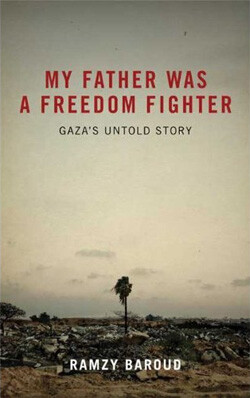
Film review: Surreal struggle in Michel Khleifi's "Zindeeq"
13 April 2010
Michel Khleifi, the celebrated director of Wedding in Galilee, turns the camera inward in his 2009 feature film, Zindeeq (the meanings of which include “atheist” or “freethinker”), featured at the opening of the annual Chicago Palestine Film Festival this Friday. It is Khleifi’s first feature film in 14 years; his most recent film was the 2003 documentary he filmed in collaboration with Eyal Sivan, Route 181: Fragments of a Journey in Palestine-Israel. The Electronic Intifada’s Maureen Clare Murphy reviews. Read more about Film review: Surreal struggle in Michel Khleifi's "Zindeeq"


















